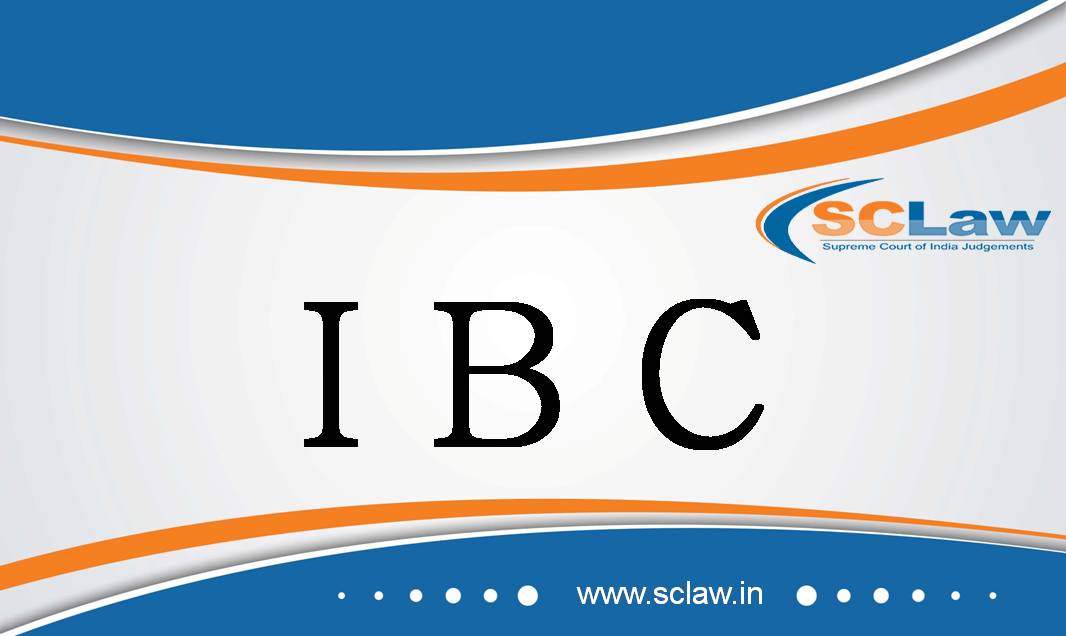Insolvency and Bankruptcy Code, 2016 – Section 53(1)(a) and 5(13) – Insolvency resolution process costs – Dues towards the wages/salaries of only those workmen/employees who actually worked during the Corporate Insolvency Resolution Process (CIRP) are to be included in the CIRP costs
SUPREME COURT OF INDIA DIVISION BENCH SUNIL KUMAR JAIN AND OTHERS — Appellant Vs. SUNDARESH BHATT AND OTHERS — Respondent ( Before : M.R. Shah and Aniruddha Bose, JJ. )…

